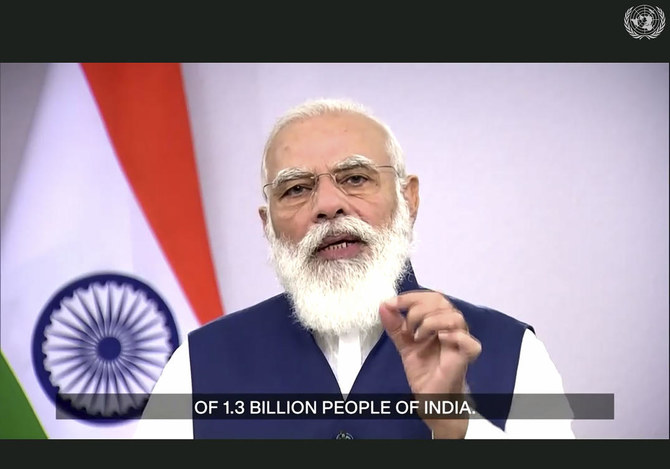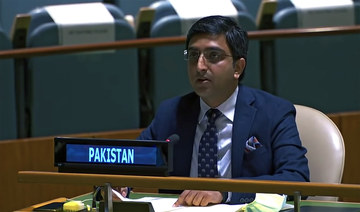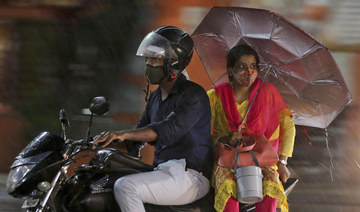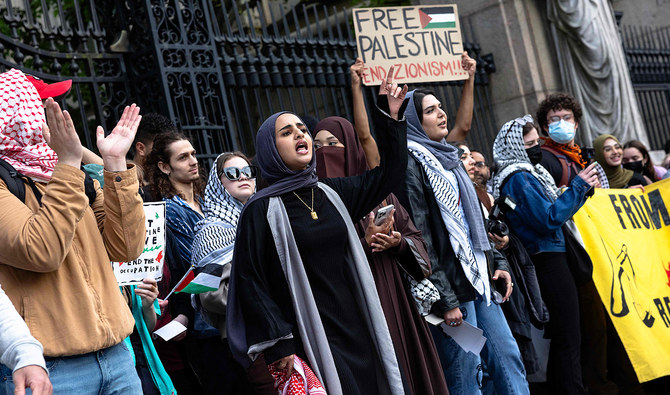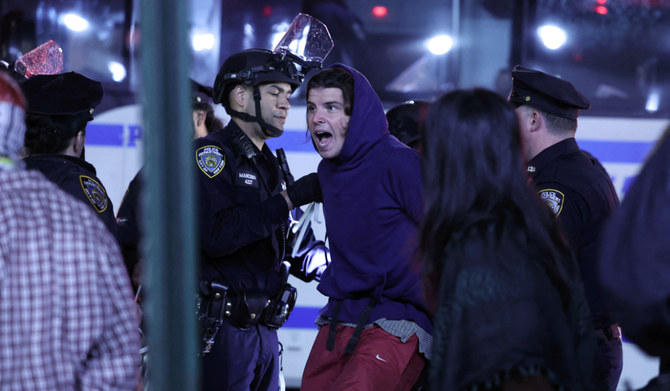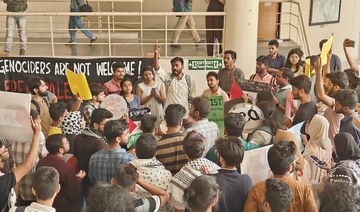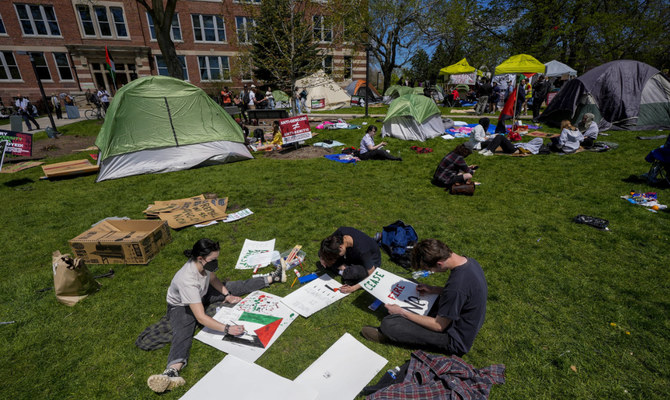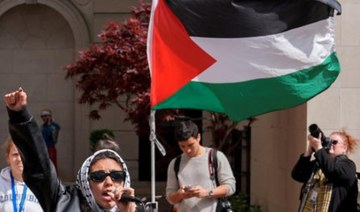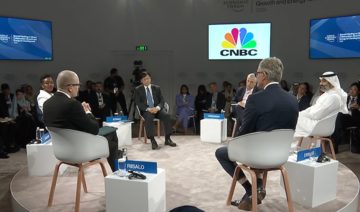NEW DELHI: Indian Prime Minister Narendra Modi on Saturday pushed for UN reforms, asking how long the country would have to wait before becoming a permanent member of the Security Council.
“It is a truth that people in India are awaiting for a long (time) the process of reforms in the UN,” he told the body’s general assembly in a 22-minute, pre-recorded virtual address. “People in India are worried when the process will reach its logical end. For how long India would be deprived of the decision-making structure of the United Nations?”
This year’s UN General Assembly is being conducted virtually for the first time in its 75 year history due to the ongoing COVID-19 pandemic, with heads of states and governments asked to pre-record speeches for their scheduled sessions.
Modi was the first speaker for Saturday’s session and began his address by calling out the world body in its handling of the pandemic.
“For the last eight to nine months, the whole world is struggling to deal with the coronavirus. Where is the UN in the world’s fight against the pandemics? Where is the effective response from the world body?”
After his initial criticism Modi assured the UN that India would play a “very proactive role” in delivering a vaccine for coronavirus once developed.
“We are moving toward the third phase of the vaccine trial. As the biggest producer of vaccines in the world, I want to assure the world that India’s vaccine production capacity and its delivery capacity will be used to help the whole of humanity and bring them out of the crisis.”
Analysts regarded Modi’s emphasis on the need for change at the UN as an attempt to position India’s role as a promoter of multilateralism, especially when compared to China, with whom New Delhi’s relationship has been in decline since a tense standoff along a disputed border in the Himalayan region of Ladakh.
“India is positioning itself not only as a country that has long-standing credentials of becoming a member of the Security Council but also that it is a big votary of global multilateralism,” Harsh V. Pant, of the Observer Research Foundation, told Arab News. “India is worried about the future of global multilateralism and it wants to position itself as an anchor of global multilateralism. He is comparing India’s record with the Chinese record. What he is saying is: ‘Look, a member is sitting in the Security Council and trying to destroy multilateralism and here is India, which works for multilateralism.’”
But Pranay Kotasthane, from the Takshashila Institution think tank, said that there was nothing new in the prime minister’s pitch for UN reform.
“Though Modi’s pitch was well reasoned out, in 2014 he also spoke about the reform of the UN,” Kotasthane told Arab News. “Six years later, the UN has only become weaker, and the US and China’s structural rivalry means that it is increasingly veering toward irrelevance. Yet there are no signs of reform. In any case, UNSC reform won’t happen because of well-delivered speeches.”
Political thinkers and experts had expected Modi to raise the issue of tensions with China, but the prime minister made an indirect reference to Beijing, saying: “India when it extends the hands of friendship with some country this friendship is not directed against any third country.”
Pant blamed the US for India’s deteriorating ties with China.
“There is an indication that ... India’s relationship stands on its own merit. It’s not directed or targeted via a third country. It’s part of the larger message by Modi that India is a responsible global stakeholder not pursuing power just for the sake of power,” he said.



